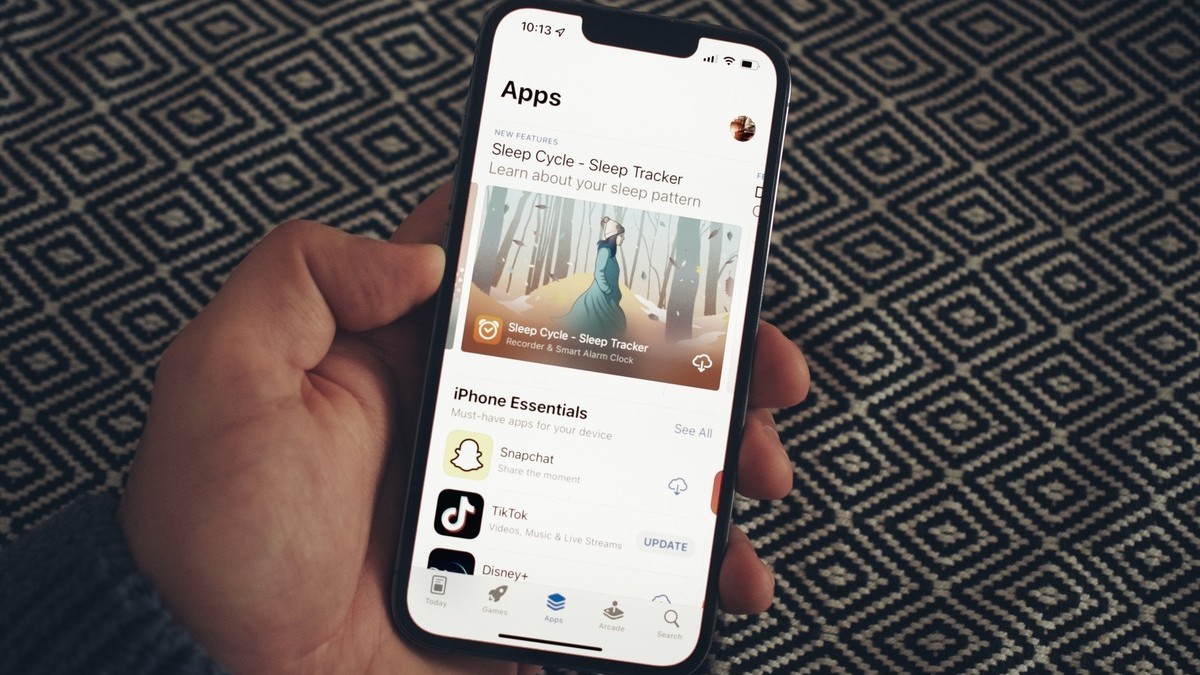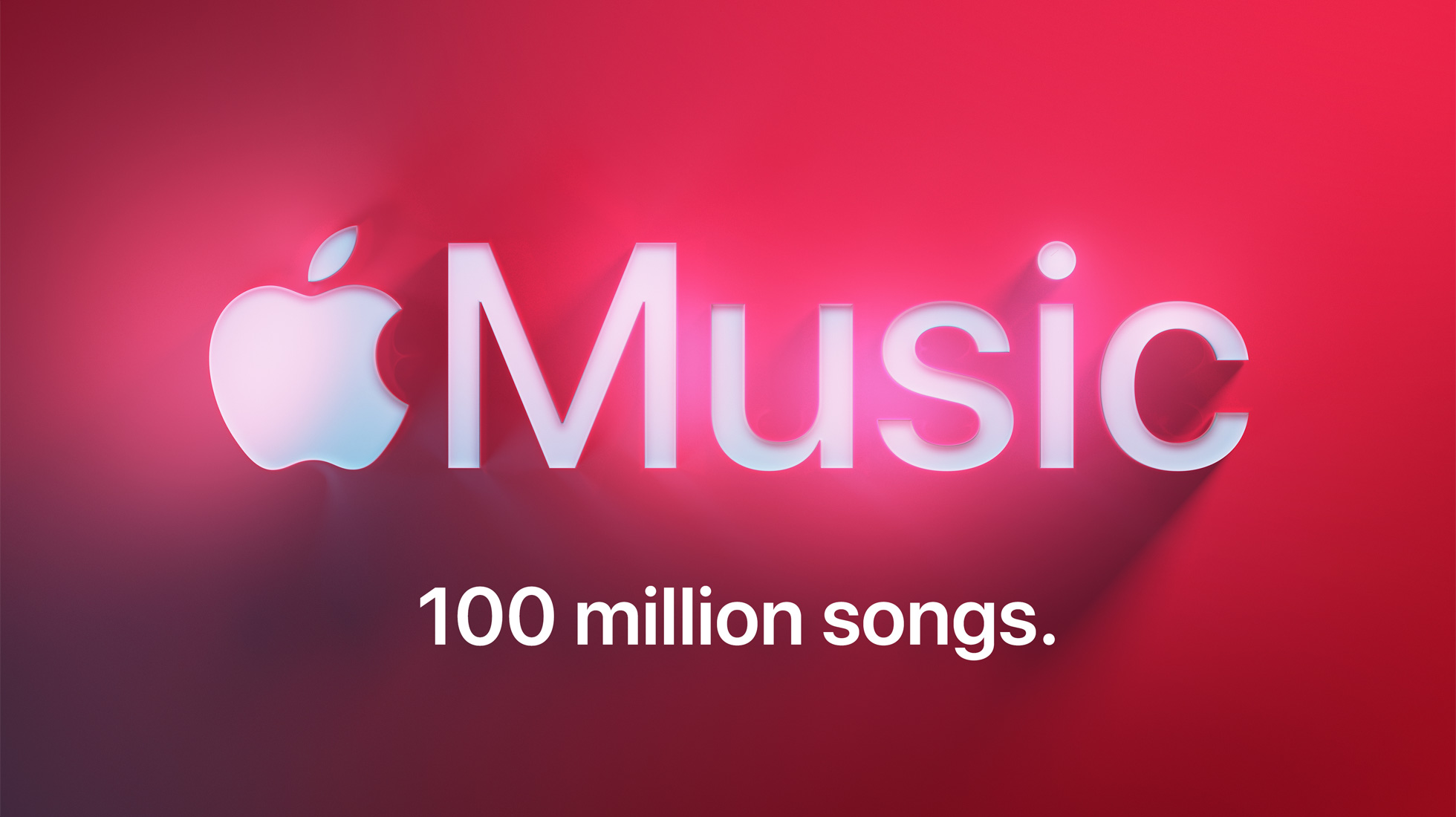Apple's App Store and the curse of infinite growth: how ads are ruining its reputation
Apple needs to make more money than ever, so it's burning trust to do it.

Apple might not realize it, but it's in the middle of a public relations nightmare. Not just public as in buyers of its stuff, either. I'm talking about everyone. Developers of apps sold on its platform. Analysts that watch its every move. Journalists that cover its steps and missteps. And yes, the people lining up to buy an iPhone at the Apple Store.
It's been a weird time to watch Apple over the last few weeks. We had those new iPhones launch in September, alongside new Apple Watches. They no doubt raked in a ton of money and times were good. But there was bad news — some products got more expensive without gaining new features. Then Apple followed that by announcing a price hike on some of its services.
Then things got worse. As if trying to nickel and dime its way to another few billion dollars in profit, Apple slapped new ads into its App Store. And all hell broke loose.
Ads for everyone
What’s this? Ads for gambling at the bottom of a listing for a gambling addiction recovery app. How could this possibly go wrong? #Apple #appstore pic.twitter.com/9MQQvDMx8rOctober 26, 2022
Apple putting ads into the App Store isn't a new thing, but it expanded them in ways that caught many off guard — seemingly including the company itself. By putting ads onto the pages of apps, Apple found itself in a bit of a storm. Ads for dating apps were appearing alongside marriage counseling apps. Ads for gambling were popping up on the pages of apps designed to help people kick the habit. It was as if Apple had opened the floodgates, seemingly unaware of the possible repercussions of letting ads appear alongside anything, so long as the bid was high enough.
Apple subsequently pulled the plug, at least on some ads. Apple said it was pausing "ads related to gambling and a few other categories on App Store product pages." And that was that.
There are a few issues to unpack there, starting with the fact Apple either didn't see this coming or even worse, didn't think it would matter. But the real problem is the reason Apple found itself pushing gambling ads to addicts in the first place. And it's the same reason Apple Music now costs more and buying the same iPad mini today will cost more than it did a few weeks ago. It's all about growth.
Growth at all costs

Apple, like most companies, is publicly owned. It has shareholders. And while you might think that Apple CEO Tim Cook doesn't have a boss, you'd be wrong.
Master your iPhone in minutes
iMore offers spot-on advice and guidance from our team of experts, with decades of Apple device experience to lean on. Learn more with iMore!
Shareholders are his bosses. Every. Single. One. And they, like Wall Street, demand growth.
It doesn't matter how well Apple did last quarter or last year. It must do better this year, or it's failed. Doomed, as the internet might say. It doesn't matter if Apple matches its previous year's numbers to the cent. If it didn't sell an extra $19 cleaning cloth, Tim Cook isn't doing his job.
There was a time when Apple could rely on the iPhone to carry the load, of course. Every new iPhone sold more than the last and while estimates suggest the iPhone 14 Pro and iPhone 14 Pro Max are selling well, the same can't be said for the iPhone 14 and iPhone 14 Plus. A global economic situation that's on life support isn't helping, either. But do you know what does keep growing?
Services. Services like Apple Music, Apple TV Plus, Apple Arcade, and... ads.
Apple's recent quarterly results have services accounting for $78 billion for 2022 all the way to September 24. That's up from $68 billion at the same point in 2021. For the quarter, it grew by $1 billion. The prior quarter also saw growth, although at a declining rate to some prior.
Which brings us to how Apple can increase its income. It only releases a new line of iPhones once a year. The same for the iPad and Apple Watch lineups. Macs come and go, but each model gets a refresh once a year at best. Mac Pro owners get a new model whenever the company gets around to it. In terms of recurring, predictable revenue, Apple's focus seems to be on services. It's why it reportedly spent $2.5 billion to get the streaming rights to Major League Soccer. And it's said to be in the driving seat for a similar deal with the NFL, too.
Hardware mismatch
So services are where the money is, fine. But we also need to address why Apple's iPads and iPhones are more expensive than they were a couple of months ago, too.
We all know that the world is in the middle of a difficult moment in terms of finances. Markets are all over the place, currencies are falling at the drop of a hat, and above all the U.S. Dollar is strong. And that's the crux of the matter.
Every time Apple sells an iPhone or iPad in the U,K., for example, it has to convert G.B. pounds back into dollars. When the dollar is worth so much against the pound, it gets less money from each device that's sold. The same goes for other countries and currencies, too.
So what does Apple do? It increases the price of international products to compensate. Makes sense, right? Except there's a problem — it sucks. And people look at Apple's balance sheet and the Scrooge McDuck mountains of money and think "hey, maybe Apple could eat some of that cost a little."
And sure, it could. But also it can't.
Because of shareholders. And growth. And the CEO's real job — make as much money for those shareholders as possible. Effectively giving money away to international customers is the opposite of that, so it can't happen. Even if Tim Cook wanted to — and I don't think for a minute that he does — he couldn't. His hands are tied. And the situation is the same with everything that's wrong at Apple right now — including those ads.
Chickens roosting everywhere
Now we know why Apple has increased the price of its services, and why your next iPad will cost more than the last even if it hasn't changed one bit. But what is the real cost of all that?
Reputational damage.
We know that Apple likes to think of itself as sitting above other companies in any number of ways. It does it with its environmental initiatives that, while doing good, still manage to come across as a public relations exercise. It does it with the way it tries to tell us how happy everyone is with their new hardware — "customer sat. is off the charts," as Cook would say. Apple's reputation matters. And it's trading it away for a few million here, a billion or two there. And it sucks.
Putting ads into the App Store was one thing. Putting them into individual app pages is another. Not thinking of — or caring about — the ramifications of those ads is a whole other thing, too. But the big problem? The real issue that could see Apple start to slide, maybe even so slowly it doesn't notice?
It's losing our trust. And no amount of money can get that back. To earn trust, Apple has to do the right thing for customers. Whether it's the right thing for shareholders, or not.
And shareholders always win.
It might be an extreme example, but we need to look no further than the mess at Meta and Twitter to see how bad things can get when the mantra is "growth at all costs." Meta just laid off thousands of people, and Twitter did the same following Elon Musk's buyout and did it so haphazardly that it had to ask some to come back.
Apple might be in a much better state than either Meta or Twitter, but the point stands — growth at all costs can be pretty expensive sometimes.

Oliver Haslam has written about Apple and the wider technology business for more than a decade with bylines on How-To Geek, PC Mag, iDownloadBlog, and many more. He has also been published in print for Macworld, including cover stories. At iMore, Oliver is involved in daily news coverage and, not being short of opinions, has been known to 'explain' those thoughts in more detail, too. Having grown up using PCs and spending far too much money on graphics card and flashy RAM, Oliver switched to the Mac with a G5 iMac and hasn't looked back. Since then he's seen the growth of the smartphone world, backed by iPhone, and new product categories come and go. Current expertise includes iOS, macOS, streaming services, and pretty much anything that has a battery or plugs into a wall. Oliver also covers mobile gaming for iMore, with Apple Arcade a particular focus. He's been gaming since the Atari 2600 days and still struggles to comprehend the fact he can play console quality titles on his pocket computer.
